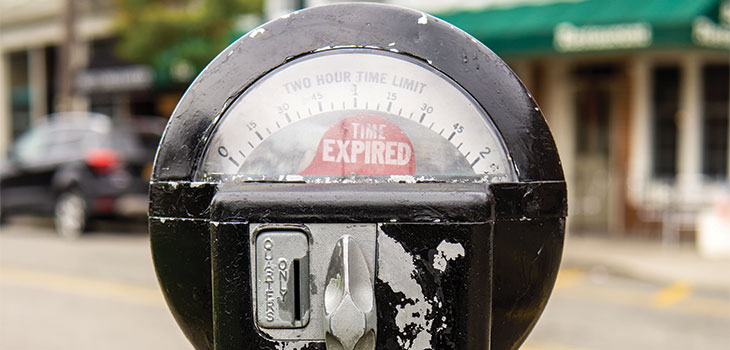
In brief
- Bond Solon survey highlights that expert witnesses face serious challenges to getting paid for work done.
- Can experts tighten up their contractual position to get paid in future?
Some 285 experts responded to our recent survey of expert witnesses that highlights serious issues for experts in getting paid for the work that they do and reveals some ways in which they may be able to tighten up their contractual position in order to ensure payment in future.
Nearly 85% of respondents stated they were self-employed, probably reflecting the position of the majority of the expert witness population. 87% of those surveyed do have terms and conditions and this percentage has gone up over the years. The vast majority (72%) do not conduct some due diligence to ascertain the credit worthiness of the instructing party and it may very well not occur to many to do so. In some instances the reason for non-payment is that the instructing








